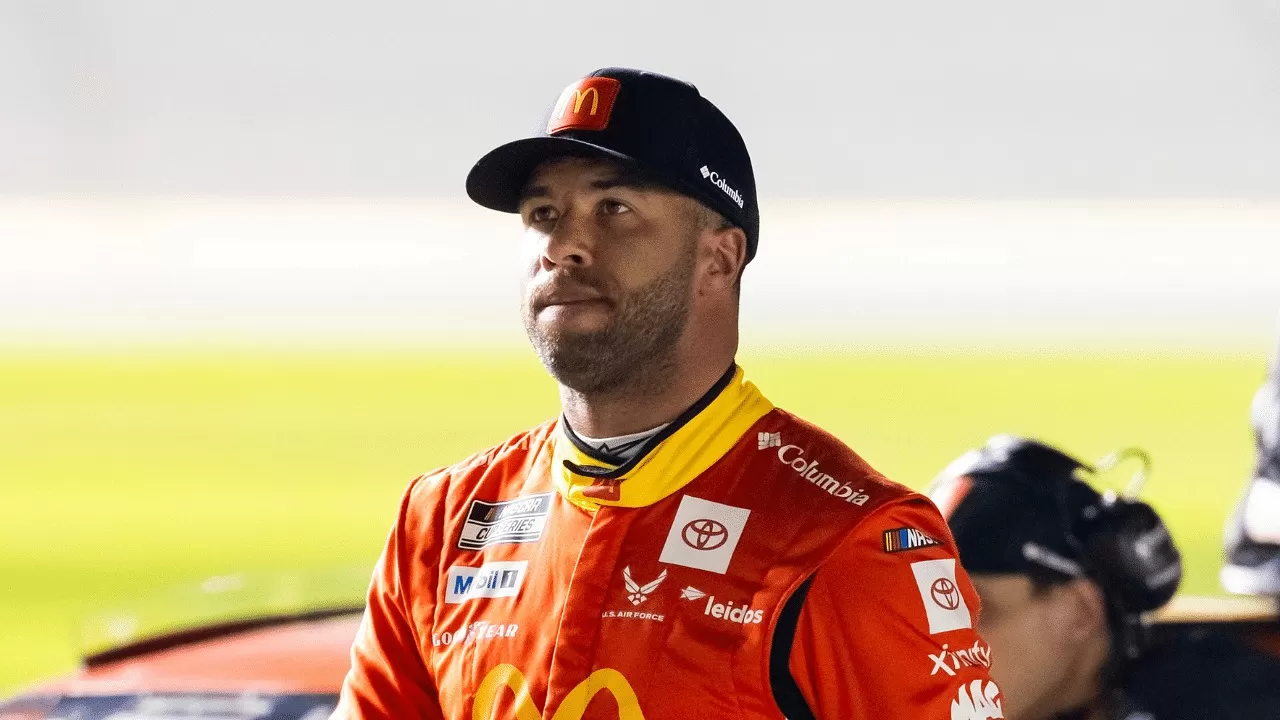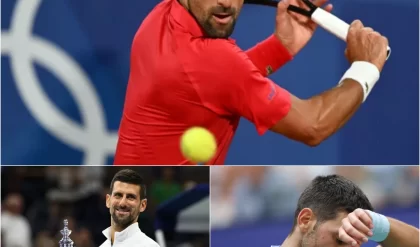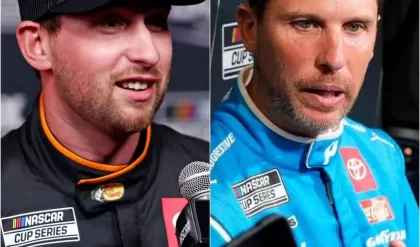NASCAR’s Stunning Legal Battle: 23XI Racing and Front Row Motorsports Face Uncertain Future

In a shocking turn of events just before the Daytona 500 qualifiers, NASCAR made an unexpected legal move that sent ripples through the racing world. The organization filed a 68-page appeal challenging a federal judge’s ruling that granted 23XI Racing and Front Row Motorsports the same privileges as Charter teams for the 2025 season. This appeal reignited a fierce legal dispute, raising questions about the structure and governance of the sport.
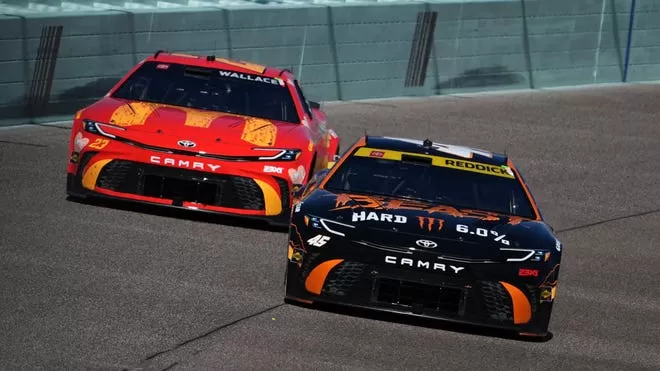
The controversy stems from a December ruling by U.S. District Judge Kenneth Bell, who issued a preliminary injunction in favor of 23XI and Front Row. This decision ensured that both teams would receive the financial benefits and automatic race qualifications enjoyed by Charter teams while the lawsuit was ongoing. NASCAR, however, was strongly opposed to this ruling, arguing that it unfairly rewarded teams that had refused to sign the latest Charter agreement. Despite their efforts to dismiss the case and impose financial bonds on the teams, the judge rejected NASCAR’s requests, escalating the legal battle.
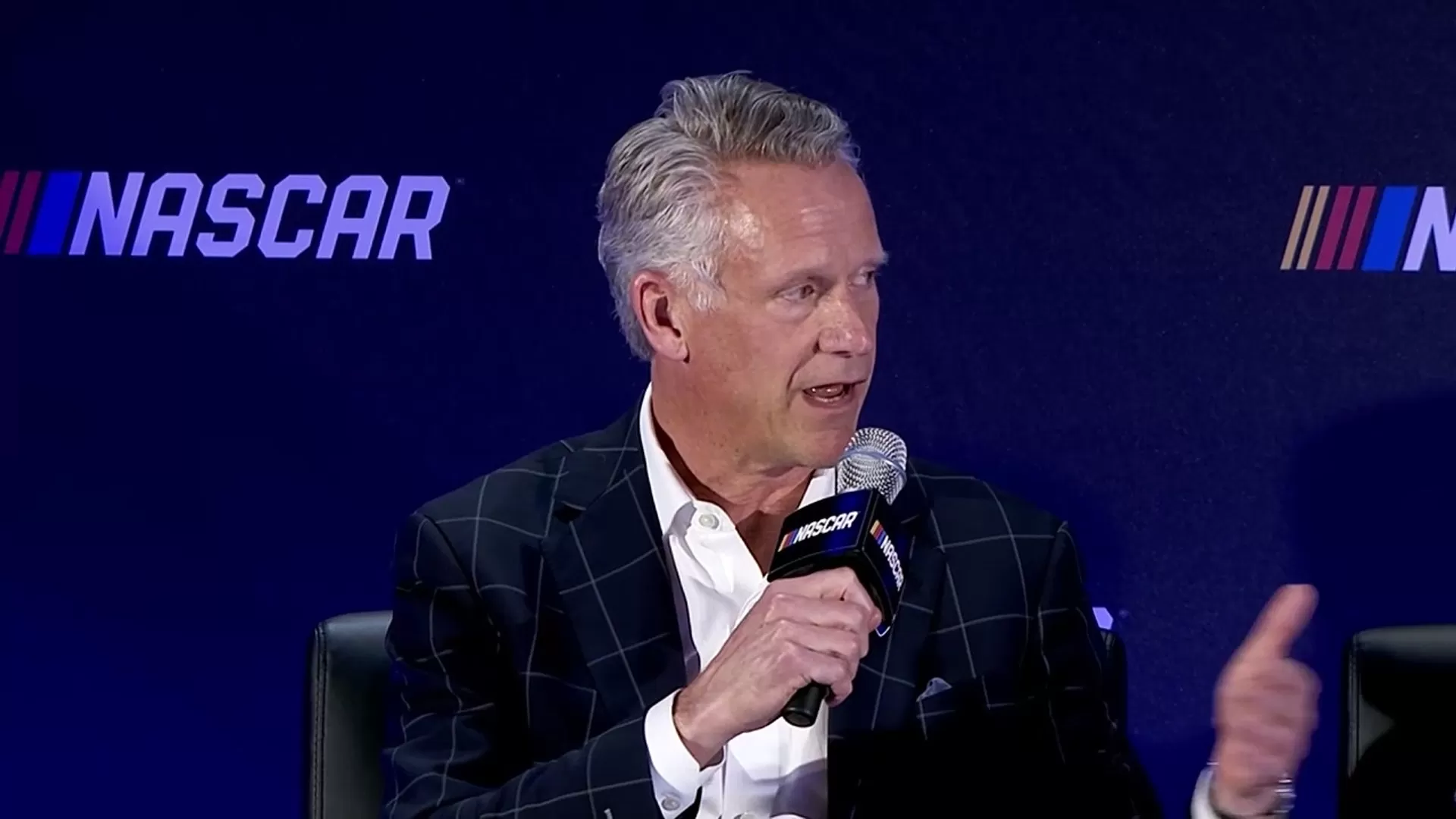
At the core of the dispute is NASCAR’s Charter system, which was introduced in 2016 to provide financial stability and guaranteed race entries for select teams. In 2023, NASCAR presented an updated Charter agreement to all participating teams, giving them a deadline to sign before the start of the playoffs. While most teams accepted the new terms, 23XI Racing and Front Row Motorsports declined. NASCAR argues that by rejecting the agreement, these teams forfeited their right to Charter benefits and should compete as open entries. However, the court ruling granted them access to Charter privileges, leading NASCAR to file its latest appeal in an attempt to overturn the decision.
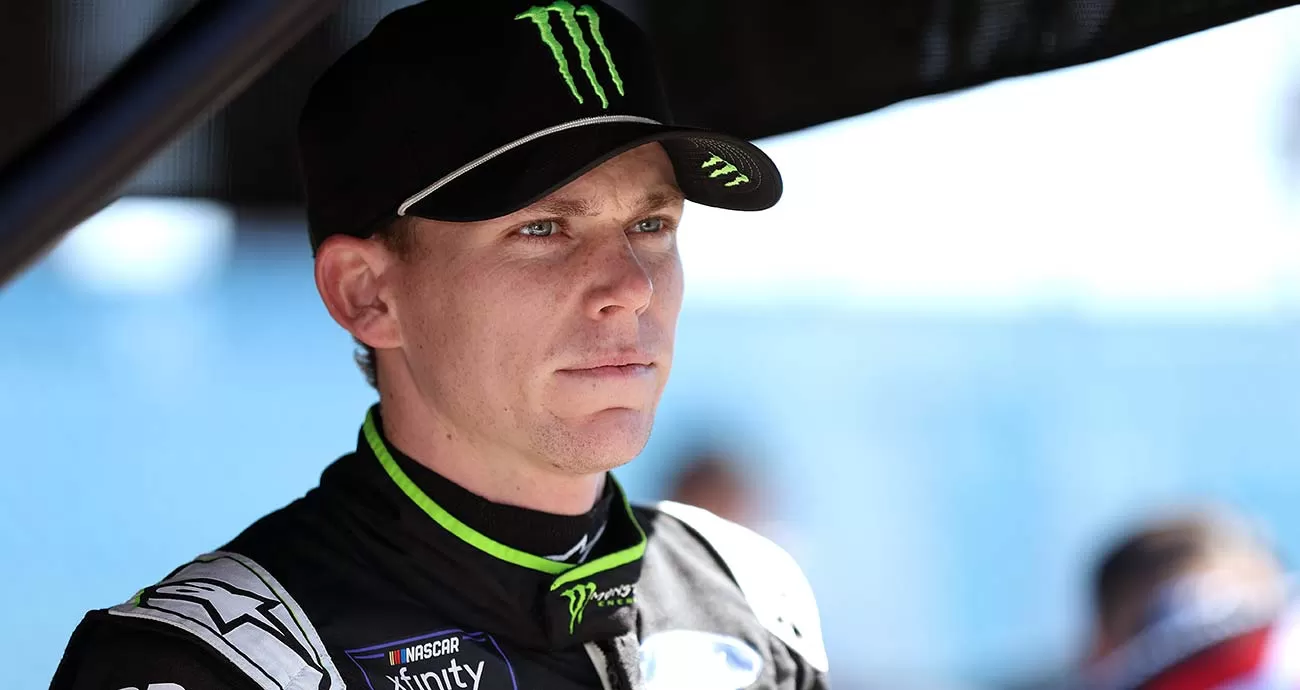
The situation took another twist when the now-defunct Stewart-Haas Racing sold its Charters to 23XI and Front Row, allowing both teams to expand their lineups. Without the court’s intervention, drivers like Tyler Reddick, Bubba Wallace, Riley Herbst, Zane Smith, and Todd Gilliland would have been forced to compete without guaranteed starting positions in the Daytona 500. NASCAR sees the ruling as a direct challenge to its authority, arguing that it disrupts the financial and competitive balance of the sport.
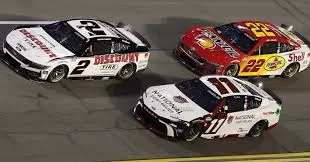
Beyond the legal ramifications, this case has major financial implications. Charter status provides teams with increased prize money, sponsorship opportunities, and long-term stability. NASCAR insists that allowing 23XI and Front Row to gain these advantages without signing the agreement undermines the integrity of the system. They claim that every other team adhered to the rules and made business decisions based on a 32-Charter structure, only to have the situation change due to legal intervention.
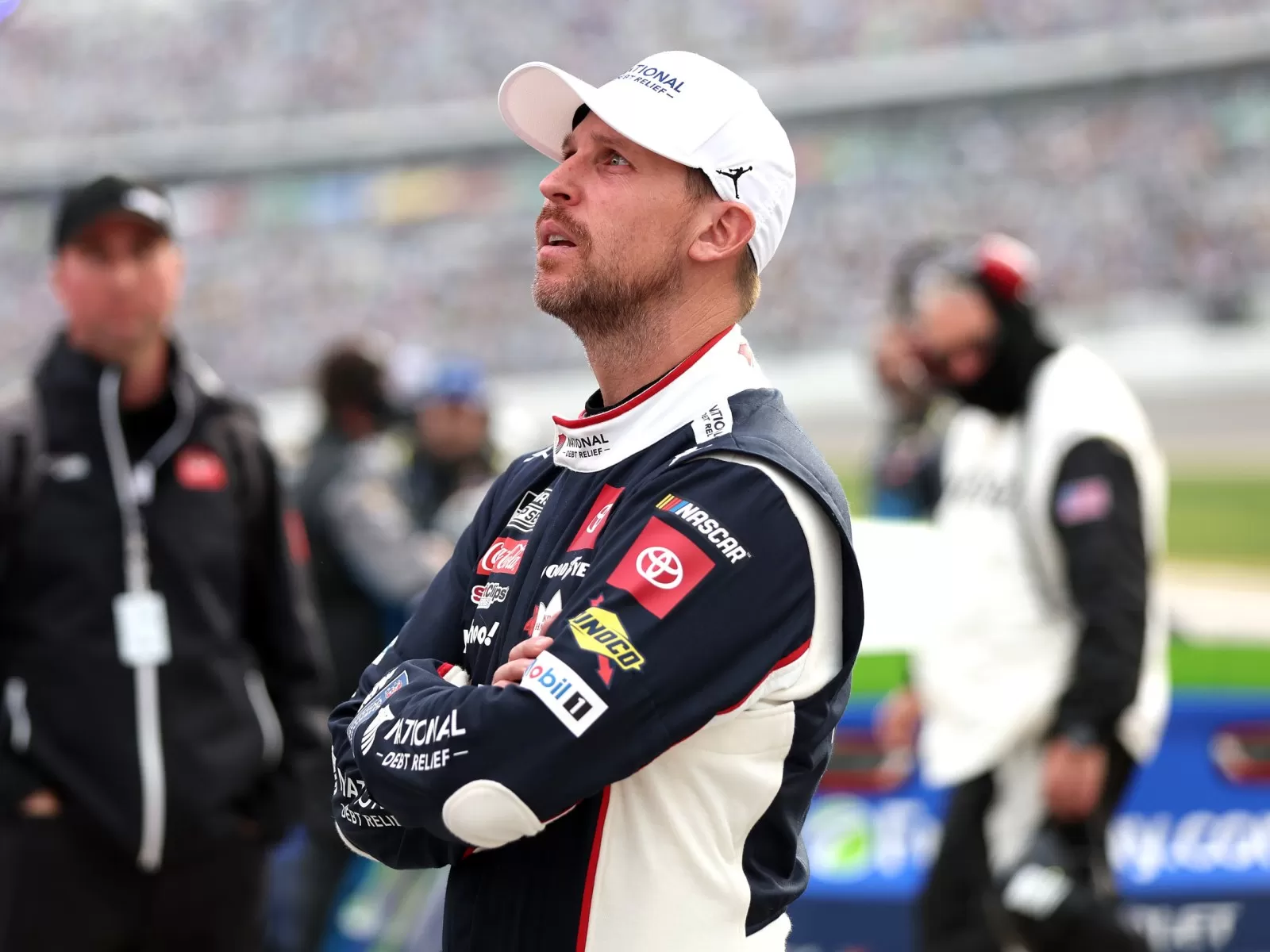
For 23XI Racing co-owner Denny Hamlin, the controversy adds another layer of complexity to his Daytona 500 campaign. As a three-time winner of the prestigious race, Hamlin is no stranger to high-stakes competition. However, balancing his role as a driver with his team’s legal battle against NASCAR presents a unique challenge. He has expressed his belief that the Charter system limits opportunities for new teams and sponsors, arguing that legal action was necessary to push for reform.
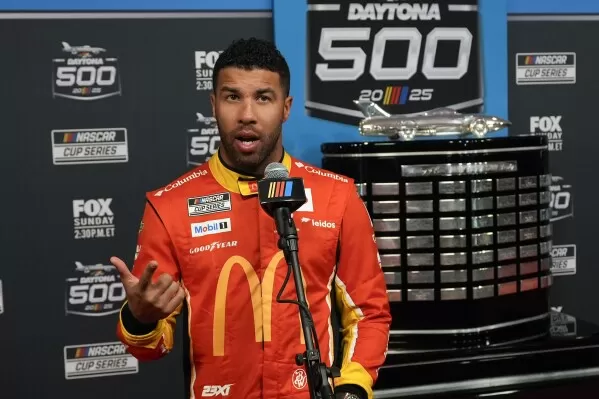
As NASCAR fights to regain control over its governance, the outcome of this case could reshape the sport’s structure for years to come. The appeal underscores the growing tensions between independent teams and the organization, raising fundamental questions about fairness, financial distribution, and the power dynamics within NASCAR. With the 2025 season approaching, all eyes are on the courts to determine whether 23XI Racing and Front Row Motorsports will remain Charter teams or be forced to navigate the competitive landscape as outsiders.
